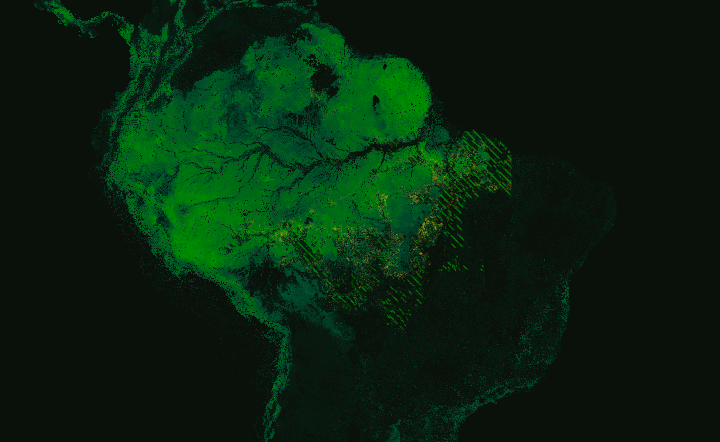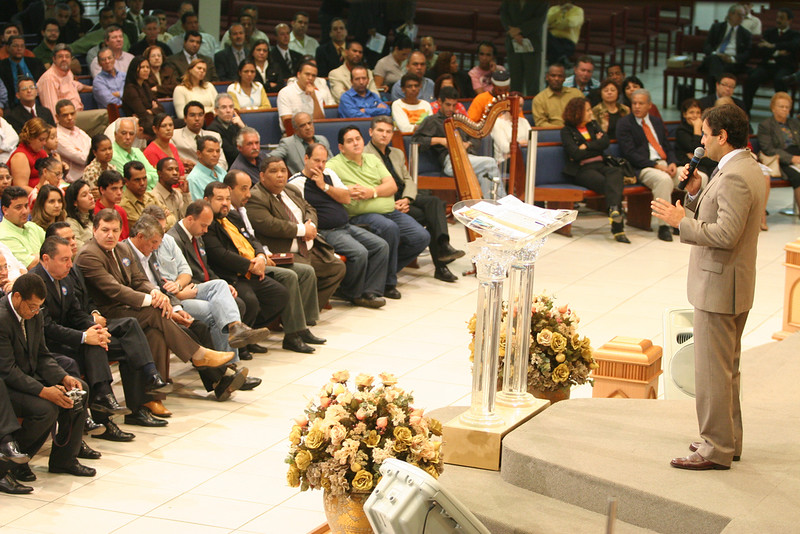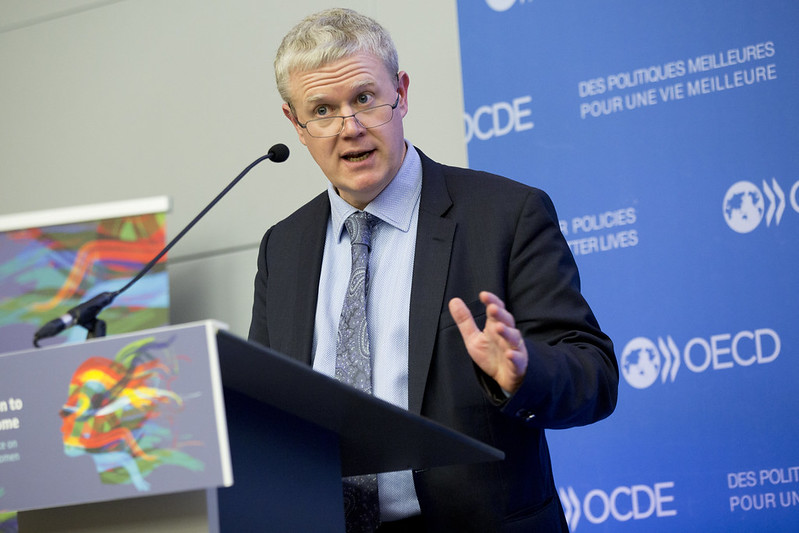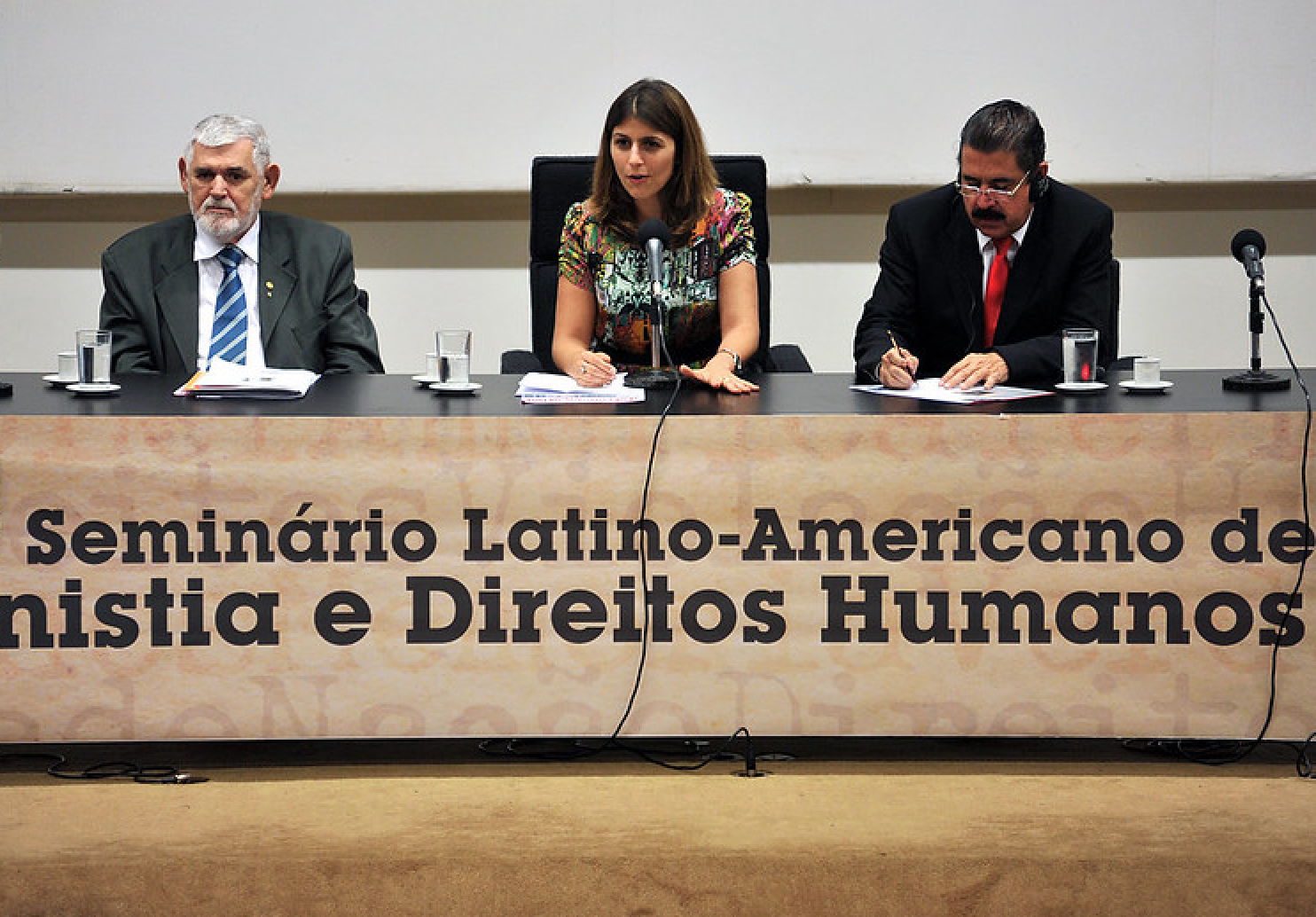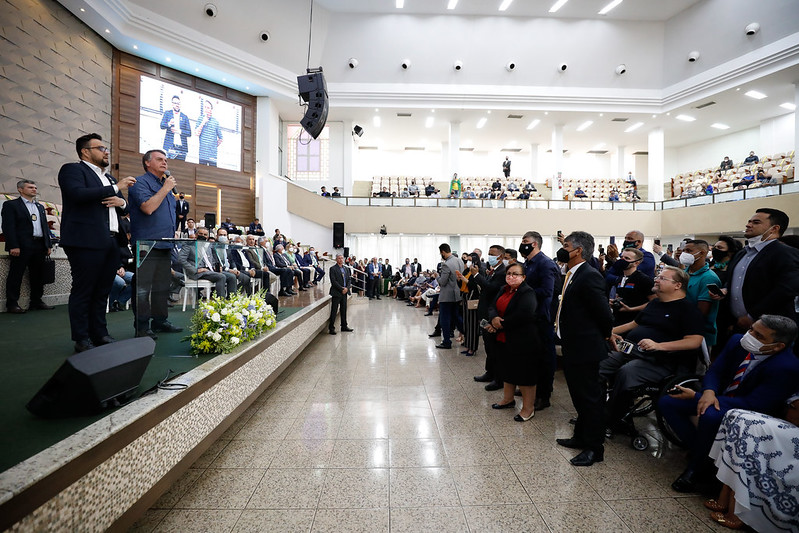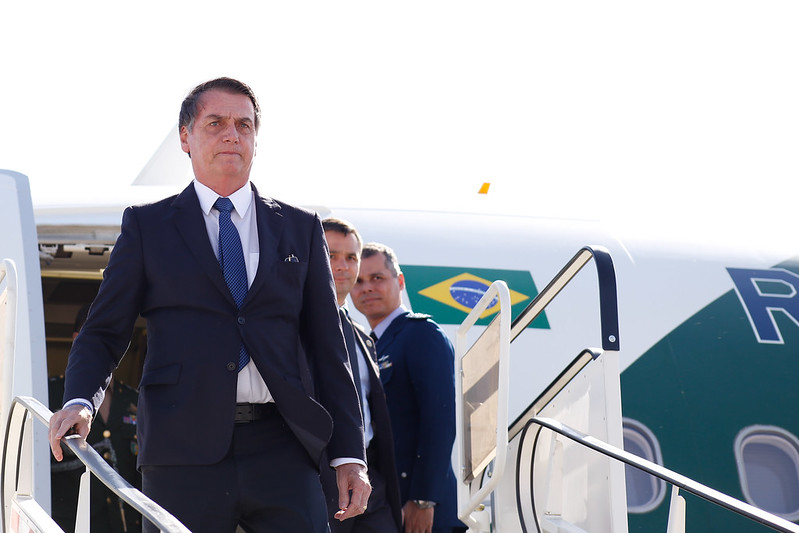Blog
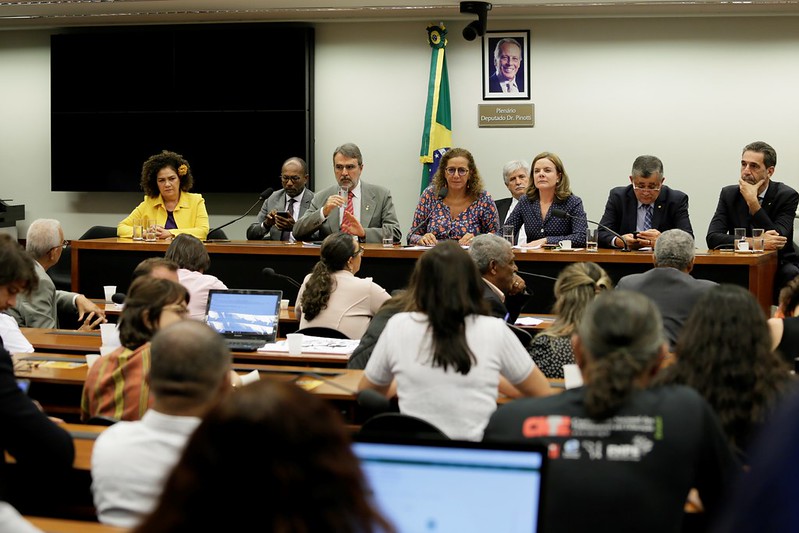
Fake news and electoral behaviour
25/10/2022
Bruno Marques Schaefer, PhD in Political Science (UFRGS)
Since at least 2016, with the election of Donald Trump in the United States, a term has gained notoriety in the political-electoral dispute and in public opinion more broadly: Fake News. Sometimes used as a discursive weapon: one candidate claims that another is “producing” Fake News, or even as a campaign resource (mass releases on Whatsapp, use of blogs or alternative information channels), Fake News has become an important aspect to debate politics in Brazil and beyond. Both in terms of conceptual discussion and measurement, and in the attempts to regulate and prosecute its use. In this text, I deal with the topic of fake news based on research recently conducted that seeks to investigate the effects of Fake News on electoral behavior and its most efficient antidotes.
A first point to be made here is a theoretical distinction: fake news, or news containing half-truths, are common in journalistic production. Sometimes, a source may be mistaken and/or journalists publish information without due check. In this case, we can talk about misinformation. Fake News, or disinformation campaigns, differ from this first case by their intentionality. They are false or distorted information that was “thought up” by someone or a group and disseminated with the clear objective of misinformation. Their distribution strategies involve mass circulation in applications such as WhatsApp and Telegram and/or the use of accounts in other social networks (such as Twitter, Facebook, Instagram, among others). From different levels of coordination, it is possible to divert the attention of the target group from one subject (for example, corruption in the government) to another (allegations of flaws in the voting system). In the Brazilian case, as well as other developing countries, the dissemination of these news and its coordination, as it became clear in the 2018 elections, happens through messaging applications, especially Whatsapp.
Whatsapp is a private messaging application that enables communication between people or groups. It was created in 2009 and later bought by Facebook (now Meta), for about 1.5 billion US dollars. Currently it has about two billion monthly users worldwide, and its coverage in Brazilian phones is 98.9%. According to data from DataSenado, taken from a representative sample of the Brazilian population, 79% of respondents used “always” WhatsApp as a way to inform themselves about politics. According to this same criterion, 50% of respondents (mainly elderly) used television and only 8% printed newspapers. It is important to emphasize that the sources of information are not watertight, since many times Whatsapp is used to share links of newspapers or news portals, as well as Fake News and other forms of content. Machado et al (2019), for example, analysed over 40,000 links shared in 130 public Whatsapp groups (where anyone can join through a link) during the 2018 presidential election. The authors identify that 27.3% of the links were from professional journalism news sites, 13.1% were explicitly conspiratorial content, and most of the links (over 40%) led to platforms like Youtube and Facebook. Of these, also much of the content was disinformation. mostly in favor of the PSL candidate (Jair Bolsonaro) and against PT and its candidate back then (Fernando Haddad).
The fact that people get politically informed through WhatsApp, or other social networks, and usually read only headlines, ends up biasing how much knowledge voters “think” they have about politics. Yamamoto et al (2018), for example, tested the difference (miscalibration) between factual and subjective knowledge about politics from information sources. The authors conducted a survey, with a representative sample of the US population, measuring factual knowledge from a series of questions about American politics in the context of the 2016 elections, subjective knowledge from a selection of questions about how well informed voters would be about the election and miscalibration as the difference between the two variables. Even with a series of controls (such as age, education, income), the impact of being informed about politics from messaging applications (Whatsapp included) was positive and statistically significant on miscalibration. In turn, this variable was also a predictor of online political engagement (participation in forums, content sharing) and offline (participation in demonstrations, petitions, among others). In other words, people with greater information gaps, who are informed by messaging apps, are also those who participate more in politics. This point deserves further reflection, given the consequences for democratic regimes.
The distribution of Fake News and its belief, however, is a complex phenomenon. It is not about saying, for example, that people who receive misinformation through WhatsApp will necessarily believe in it. This view ends up considering the voter as an extremely passive figure. The belief is related to what is called confirmation bias in the literature, either in social psychology or political science: a tendency of individuals to seek or overestimate information that is in accordance with pre-established beliefs. As Pereira et al (2022) point out, in the case of the 2018 Brazilian elections, most of the “believers” of fake news favorable of then-candidate Bolsonaro and against PT already aligned themselves politically and ideologically to Bolsonaro and/or against PT. That means, a false information, such as the one that sexual diversity policies in schools (pejoratively called “gay kit”) would lead children to change sex, reaffirmed beliefs regarding already existing values and did not necessarily “convert” voters from one political side to another.
The reaffirmation of beliefs, as well as the sender of the message (on WhatsApp, usually friends, neighbors or family), demonstrate the relational character of Fake News. In the aggregate, its use can have long-term effects on, for example: the distrust of voters in political institutions, media and the democratic regime itself. In this environment, attempts to combat Fake News, and even greater regulation of social media, are still incipient in the case of Brazil. After the 2018 elections, with reports of mass shooting of fake news against the PT candidate (Haddad), actions were taken at the legislative and judicial levels. For example, the Mixed Parliamentary Commission of Inquiry (CPMI) of Fake News was installed in 2019 in the National Congress. The CPMI heard representatives from phone companies, digital marketing companies, politicians, researchers, journalists, and fact-checking organizations. The hearings and discussions would subsidize bills to combat Fake News (such as Bill No. 2630/20, the Brazilian Law of Freedom, Responsibility and Transparency on the Internet), which at the time of writing (September 2022) is still in progress. The bill, on one hand, was defended as an effort to punish those who carry out disinformation campaigns on the Internet, but, on the other hand, it was criticized as a possible restriction on freedom of expression. There are currently more than 50 bills in Congress on the fight against Fake News, but none have been approved, given the pandemic and the election period itself, which changed legislators’ priorities. The CPMI itself was suspended in March 2020.
In the Judiciary, the Superior Electoral Court launched, in 2020, the Disinformation Confrontation Program, in a series of coordinated actions, such as: partnerships with media and fact-checking companies to remove false content from the internet, indication of seals about the veracity of a certain video or news, a channel to answer voters’ questions on WhatsApp, among others. The Court also revoked the mandate of a parliamentarian who spread false information about the electronic ballot box in the election of 2022.
Regarding the various measures announced, there is still much discussion in the literature about their effects. Electoral or criminal sanctions remove candidates from the electoral dispute and from exercising their mandate, which is controversial. On the voters´ side, information checking presents incipient results. Since false information in favor of a candidate activates confirmation biases, it is difficult for a denial to have an effect on the voter’s belief. Also, this kind of checking does not have the same reach as disinformation itself. Pereira et al (2020), highlight as an alternative the use of inoculation (vaccine) against Fake News. The authors conducted experiments in a survey, in partnership with an electoral research company and the newspaper Folha de São Paulo, and found positive results on the reduction of belief in Fake News. The intervention used did not aim at checking false information individually, but invited the respondent to know the website of a fact-checking agency. Those who were assigned to the treatment (to visit the website) reduced their acceptance of rumors about local and national election candidates (the control group was not invited to visit the website). This kind of preventive intervention, associated with educational measures, may indicate ways to combat misinformation. What does not invalidate other measures already taken in the Brazilian case.

